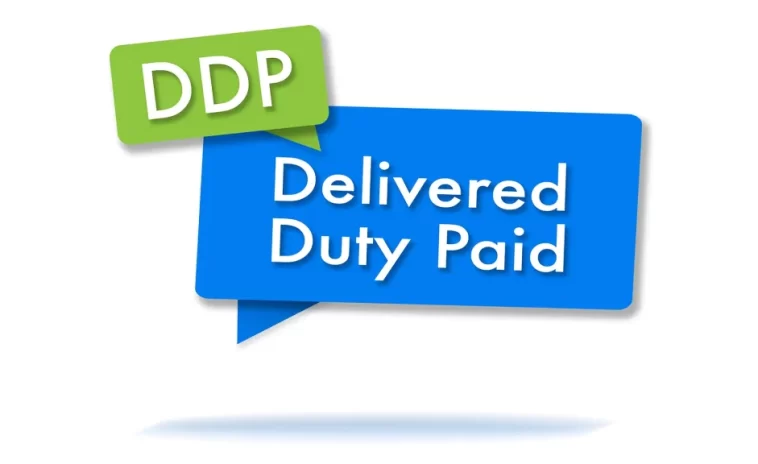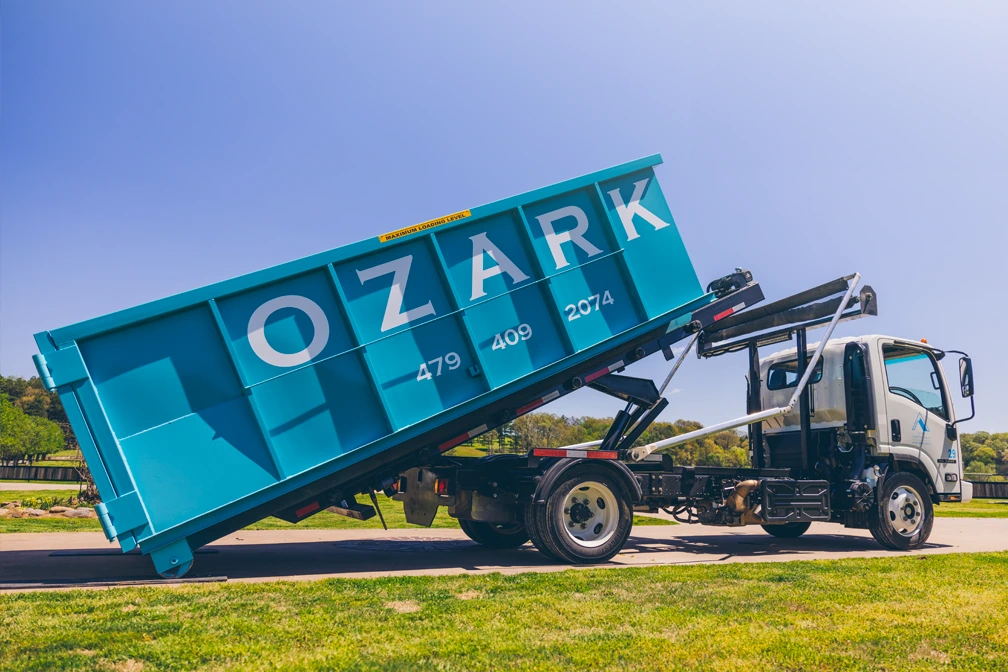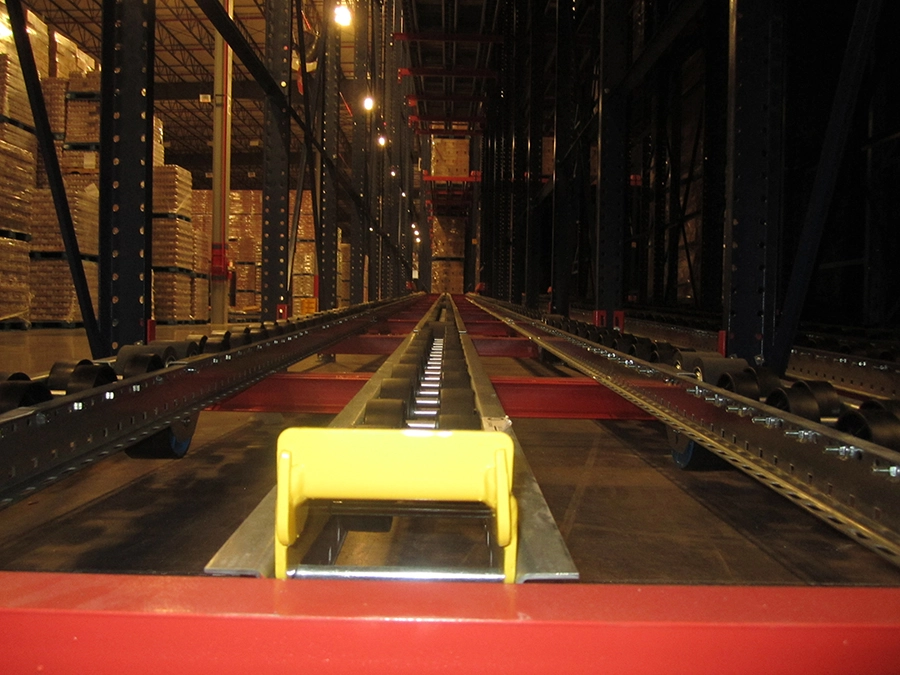How Does Delivered Duty Paid (DDP) Affect Shipping Costs?
October 27, 20240

When navigating the complex world of international shipping, understanding the different terms and conditions is crucial. One such term that often comes up is Delivered Duty Paid(DDP). This Incoterm defines the responsibilities of buyers and sellers in a shipping transaction, particularly regarding the payment of duties and taxes. At Gorto Freight, we believe it’s essential to grasp how DDP affects shipping costs, as this knowledge can help businesses make informed decisions and optimize their logistics processes.
Understanding Delivered Duty Paid (DDP)
Delivered Duty Paid (DDP) is an Incoterm that places maximum responsibility on the seller. Under DDP, the seller agrees to bear all costs and risks involved in delivering goods to the buyer’s location, including transportation, customs clearance, and payment of all duties and taxes. This term is advantageous for buyers as it simplifies their procurement process. They receive the goods at their doorstep without needing to handle customs procedures or pay additional fees.Breakdown of Shipping Costs Under DDP
When using DDP, the total shipping costs include several components:- Transportation Costs: This includes the cost of moving goods from the seller’s location to the buyer’s destination. Depending on the shipping mode—air, sea, or land—these costs can vary significantly.
- Insurance Costs: While not mandatory, sellers often include insurance in their DDP agreements to protect against potential loss or damage during transit.
- Customs Duties and Taxes: One of the critical aspects of DDP is that the seller pays all customs duties and taxes upon entry into the destination country. This can significantly affect shipping costs, especially if the goods have a high value or fall under specific tariff classifications.
- Handling Fees: These include costs for loading and unloading goods at ports, as well as any fees charged by customs brokers for clearing goods through customs.
- Delivery Charges: After clearing customs, the goods must be delivered to the buyer’s specified location. This final leg of the journey can incur additional costs.
Cost Predictability
One of the significant advantages of Delivered Duty Paid (DDP) is the predictability of costs. Because the seller assumes all responsibilities until the goods reach the buyer’s location, the buyer knows the exact amount they will pay upfront. This transparency helps businesses manage their budgets more effectively, reducing the risk of unexpected expenses that can arise with other shipping terms. At Gorto Freight, we emphasize the importance of cost predictability in international shipping. We work closely with our clients to ensure they understand all aspects of DDP, providing clear quotes that include all potential charges.Cost Comparison: DDP vs. Other Incoterms
When comparing DDP to other Incoterms, such as Free on Board (FOB) or Cost, Insurance, and Freight (CIF), the differences in shipping costs become evident.- FOB: Under FOB, the seller’s responsibility ends once the goods are loaded onto the vessel. The buyer must handle all subsequent shipping costs, including customs duties and delivery to their location. This can lead to unpredictability in costs, especially if unforeseen fees arise during customs clearance.
- CIF: Like DDP, CIF includes transportation costs and insurance, but it does not cover customs duties. The buyer is still responsible for any applicable taxes or duties, which can vary significantly from country to country.









